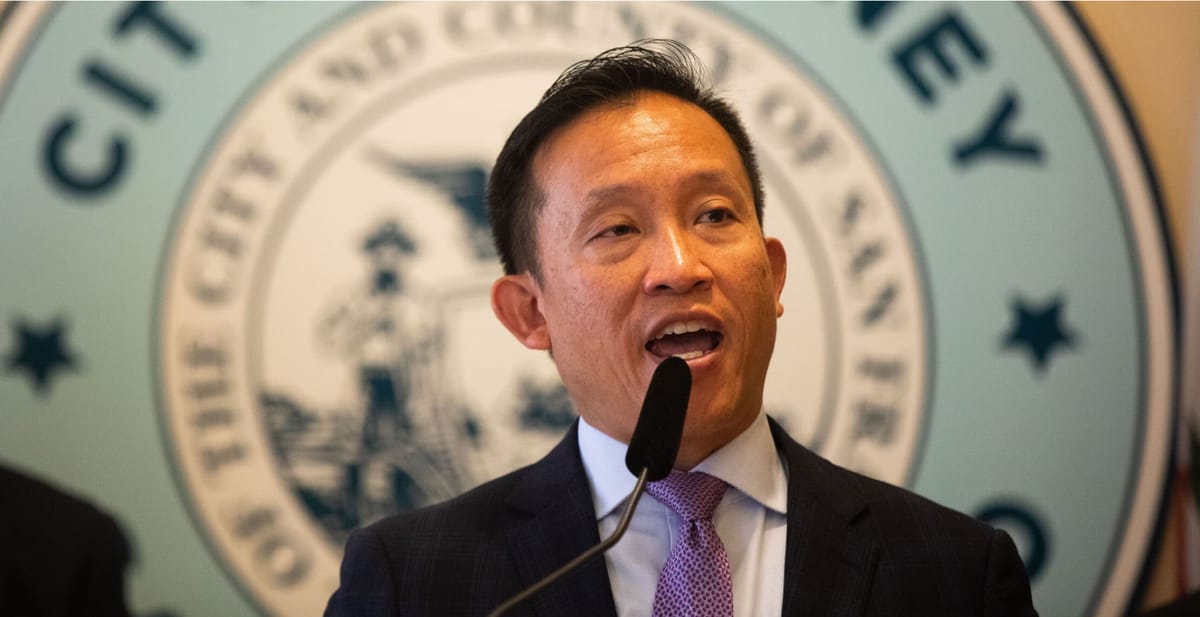
San Francisco City Attorney David Chiu has filed a lawsuit against 16 websites worldwide for creating and distributing AI-generated non-consensual pornography. The suit, a first of its kind, targets websites that use AI to create realistic nude images of women and girls without their consent, often referred to as “deepfakes.” These deepfakes have become a troubling tool for extortion, harassment, and humiliation, particularly against women and girls.
Chiu’s office alleges that these sites violate California’s revenge pornography laws, federal laws regarding child pornography, and the state’s Unfair Competition Law, which prohibits unlawful and harmful business practices. Collectively, the websites in question have received over 200 million visits in the first half of 2024, underscoring the magnitude of this issue. While the lawsuit does not name the websites in an effort to avoid driving additional traffic to them, it seeks to have them shut down permanently and prevent their operators from creating similar content in the future.
The rise of deepfake pornography is fueled by advancements in AI technology, particularly open-source generative models that have been repurposed to manipulate images. These websites allow users to upload images of fully clothed individuals, which are then digitally altered to create realistic nude versions. In some cases, these deepfakes are created using images of minors, which raises significant concerns regarding child exploitation.
The lawsuit also identifies several companies and individuals operating these websites, including entities based in the U.S., the U.K., and Estonia. Among the defendants is Augustin Gribinets, an Estonian resident accused of running a website that promotes the ability to “undress anyone” within seconds. Other defendants include Briver LLC and Sol Ecom, Inc., both American corporations operating similar platforms.
Chiu’s office acknowledges that this legal action may be part of a broader “whack-a-mole” approach, as new websites could continue to emerge. However, the lawsuit is seen as an essential first step in holding these bad actors accountable and potentially working with tech companies to limit the visibility of such sites in search engines.
This case highlights the complex challenges posed by rapidly advancing AI technology and raises important questions about consent, privacy, and the potential for exploitation in the digital age. As artificial intelligence continues to evolve, so too must the legal and ethical frameworks designed to protect individuals from its misuse.

